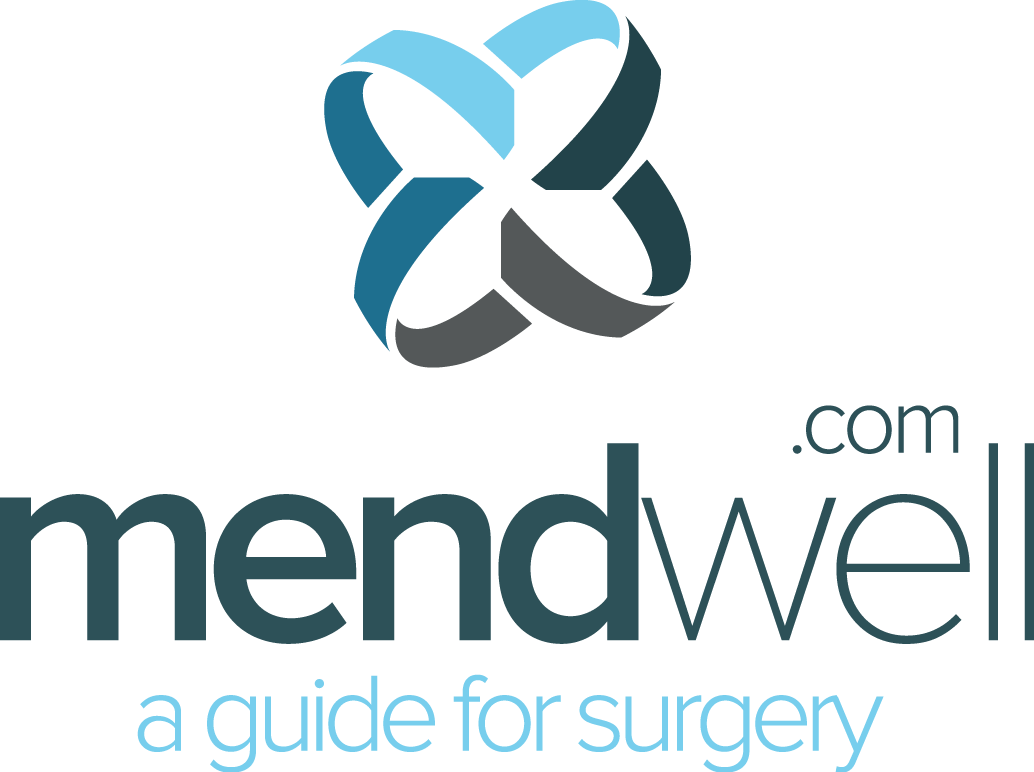Stress and Surgery: How Psychological Stress Affects Your Ability to Heal
There’s no doubt about it—we’re living in incredibly stressful times. From a global pandemic to the overwhelming idea of not knowing what our collective future might have in store, there are endless reasons to stress, sweat, and—if we’re being honest—shed some tears lately. If you’re getting ready to undergo a procedure during COVID-19, that stress can have a major impact on your body’s ability to heal. Today, then, we’re talking all you need to know about psychological stress and surgery during the times of Coronavirus.
How does stress affect my surgery recovery?
According to a PubMud study, “fear or distress prior to surgery is associated with a slower and more complicated postoperative recovery.” In particular, stress delays wound healing, which is a critical piece of your overall surgery recovery. In fact, according to a medical study titled, The Impact of Psychological Stress on Wound Healing: Methods and Mechanisms, “Psychological stress can have a substantial and clinically relevant impact on wound repair.” All of this is to say, if you’re stressed out and anxious heading into your procedure, there is a chance that stress can affect your body’s ability to heal and recover strongly.
Why does psychological stress affect wound healing?
While both the direct effects (i.e. lowered immune function) and indirect effects (i.e. stress might cause you to develop unhealthy habits, like smoking or drinking) of stress play a role in slowed healing—according to Wounds Research, “the most prominent impact is through the effects of stress on cellular immunity.” What exactly does that mean? Cellular immunity is a protective immune process that plays a pivotal role in wound healing—it involves the activation of certain cells, including cytokines (small proteins that are important in cell signaling). Elevated levels of cortisol, your body’s main stress hormone, have been shown to inhibit the production of those important cytokines your body needs to heal wounds.
Is it a big deal if my wound doesn’t heal quickly and properly?
Unfortunately, it absolutely is. We’re not talking about a small paper cut, after all. Your skin is your body’s largest organ—and keeping it healthy and free of infection is critical, especially when you have a surgical wound that needs to heal. Think of your skin as your coat of armor—it keeps everything underneath it (like your organs) protected and safe. According to Wounds Research, “Timely wound healing is of utmost importance because of the skin’s vital protective and regulatory functions.” When wound healing is interrupted or slowed due to stress, chronic wounds can develop, which leads to an increased risk of infection and, the thing no patient wants: a longer hospital stay.
How can I reduce stress before surgery?
Reducing stress both before surgery and during your recovery is one of the most effective proactive steps you can take to ensure proper wound healing and a speedy recovery. There are a number of avenues you can explore to reduce stress if you’re undergoing surgery during COVID, but we’ve broken down some of our favorite options below:
- Stress-Reducing Apps & Technology
- Calm: A meditative app that offers everything from bedtime sleep stories for adults to guided meditation sessions and more
- Talkspace: An online therapy app that allows you to connect with a licensed therapist in your area from the comfort of your own home
- Headspace: A mindfulness and meditation app that helps you tap in and reduce stress with just a few minutes of daily practice
- Stress-Reducing Practices
- Yoga: With studios closed completely or offering limited schedules during COVID, you can also opt for at-home yoga. A few of our favorite apps include AloYoga, Simply Yoga, and Down Dog.
- Walking: Challenge yourself to walk outside at least once each day. Start with just five minutes and work your way up from there.
- Exercise: Whether it’s a quick run or a few push-ups in between bouts of working from home, exercise is proven to produce endorphins and improve our ability to sleep, which ultimately results in lower stress levels.
- Stop smoking: While people tend to think smoking reduces stress, the opposite is true. Smoking can actually increase anxiety and tension.
- Stress-Reducing Foods:
- Green tea: Contains an amino acid called theanine, which has anti-anxiety and calming effects (and might even increase your body’s production of serotonin and dopamine)
- Swiss chard and spinach: High in magnesium, which may help to alleviate anxiety
- Fatty fish: High in Omega-3, EPA, and DHA—which promote healthy brain function
- Turmeric: High in curcumin, which may reduces inflammation and oxidative stress
- Dark chocolate: Has been shown to reduce stress and improve mood, and has a high tryptophan content, an essential amino acid your body uses to produce mood-enhancing neurotransmitters, like serotonin
- Chamomile: Has anti-inflammatory, antibacterial, and antioxidant properties and has been found to reduce anxiety symptoms
- Pumpkin seeds: A great source of zinc (Research points to the fact that zinc deficiencies can negatively affect moods)
- Yogurt & Fermented Foods: Contains healthy bacteria, which may have anti-inflammatory effects on your body and positive effects on brain health
- Peanuts, pinenuts, and hazelnuts: All are a great source of Vitamin E—and Vitamin E deficiency has been linked to mood disorders.
Want even more insightful surgery information? Browse the rest of our blog for empowering pre-op tips, helpful nutrition advice, and more!


